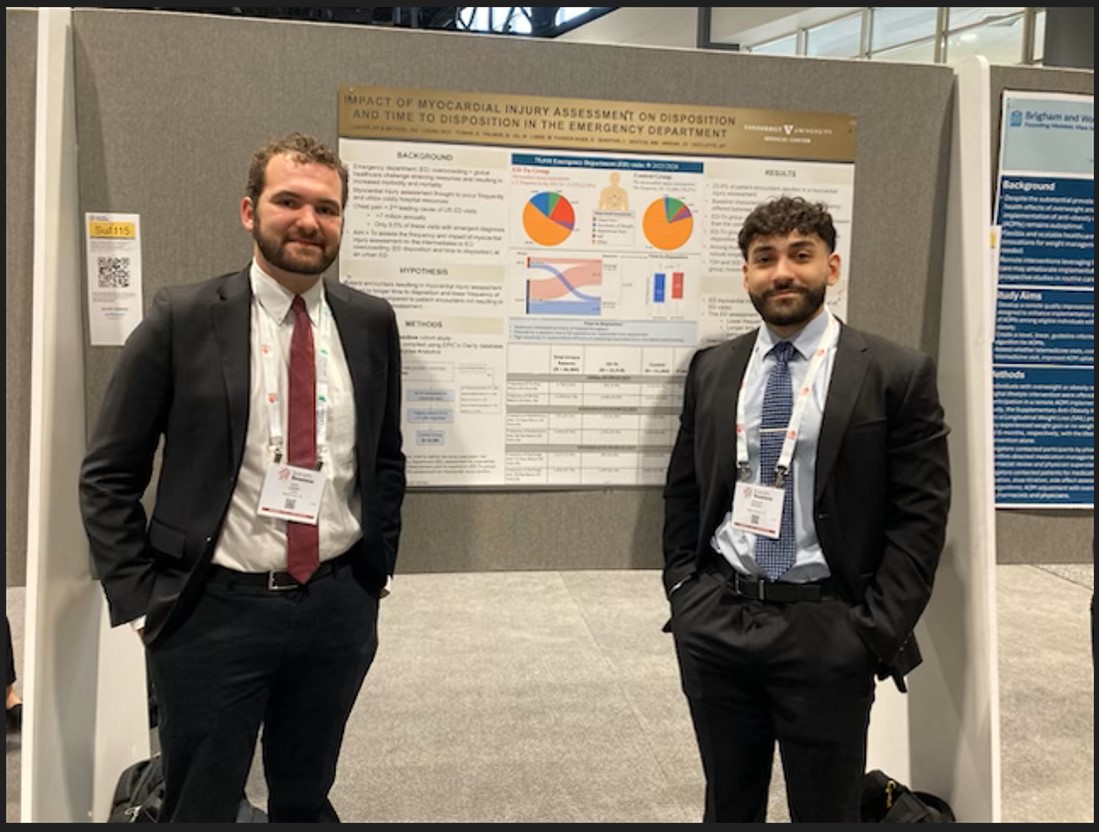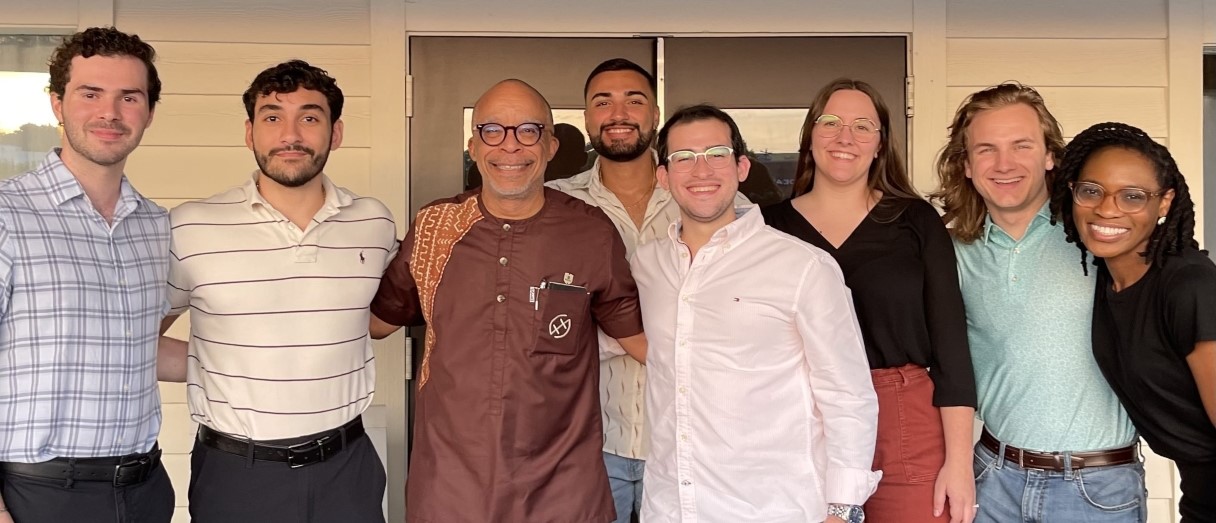At this time applications are open to medical students at Meharry Medical College and the University of Puerto Rico.
The Vanderbilt-Meharry James Puckette Carter Summer Scholars' Program (VMJPCSSP) is a summer program designed to expose scholars to the benefits of delivering the best possible medical care for children and adults and advancing care for the next generation. Our goal is that this experience will further scholars' passion for a career in academic medicine in the fields of Pediatrics, Internal Medicine or Surgery and pique their interest in pursuing a one-year pull-out research program while a medical student at Vanderbilt University Medical Center or elsewhere.
The experience you will gain from this program will be a valuable addition to your academic coursework, and we are thrilled to share this experience with you.
Program Overview
Highlights and expectations of the program include:
- Complete an eight-week, full-time assignment based on the project proposal in your application.
- Develop a timeline with your mentor to complete your project within the timeframe of the program.
- Meet institutional requirements for research training and safety, including but not limited to: Human Subject Protections (in addition to that which will be fulfilled at your institution before placement with a mentor), Animal Care and Use, and HIPAA.
- Provide a written summary of your project which may include clinical, basic, translational abstracts or manuscripts.
- Remotely meet twice weekly during the program with Dr. Michael DeBaun to participate in a small pediatric and medicine journal club. This may occur outside of the workweek.
- This scholarship requires eight weeks of work during June and July 2026, and you must be in good academic standing with your medical school. You will receive a stipend for completion of the program.
Benefits of Engaging in Research

Engaging in research during medical school offers numerous benefits that enhance both academic and professional development. Here are a few:
- Enhanced Critical Thinking and Analytical Skills: Participating in research cultivates critical thinking and analytical abilities, essential for effective clinical decision-making. It encourages a deeper understanding of scientific literature and evidence-based medicine.
- Improved Residency Applications: Research experience can distinguish medical students in the competitive residency selection process. It demonstrates a commitment to advancing medical knowledge and contributes to a more robust curriculum vitae.
- Exposure to Academic Medicine: Engaging in research provides insight into academic medicine, helping students explore potential career paths in medical education and scholarly activities.
- Development of Communication Skills: Research activities often involve presenting findings and writing scientific papers, which enhance both written and oral communication skills — vital competencies for any physician.
- Contribution to Medical Knowledge: Through research, students contribute to the broader medical community by addressing unanswered questions and potentially influencing clinical practices and patient care.
These benefits underscore the value of integrating research into medical education, fostering well-rounded physicians equipped for leadership, clinical, and academic challenges.
Questions?
For more information, contact Jenny Beck, Sr. Program Manager, at jennifer.c.beck@vumc.org or Dr. Michael DeBaun at m.debaun@vumc.org.
About Dr. James Puckette Carter

Dr. James Puckette Carter served on the Vanderbilt University School of Medicine faculty from 1965 to 1976. Carter was the first African American faculty member in the Department of Pediatrics and the first full-time African American on the VUSM faculty. Carter was born in Chicago, Illinois, in 1933. He graduated from Northwestern University with a Bachelor of Science degree in chemistry in 1954 and earned an MD from Northwestern University School of Medicine in 1957. Carter earned an MS in parasitology and a PhD in nutrition in 1963 from Columbia University. After training, he came to VUSM as a staff pediatrician and nutritionist with appointments in pediatrics and biochemistry from 1965-1976. He then moved to Tulane University School of Medicine, where he was the inaugural chair of the Department of Nutrition and served the rest of his academic career there.
